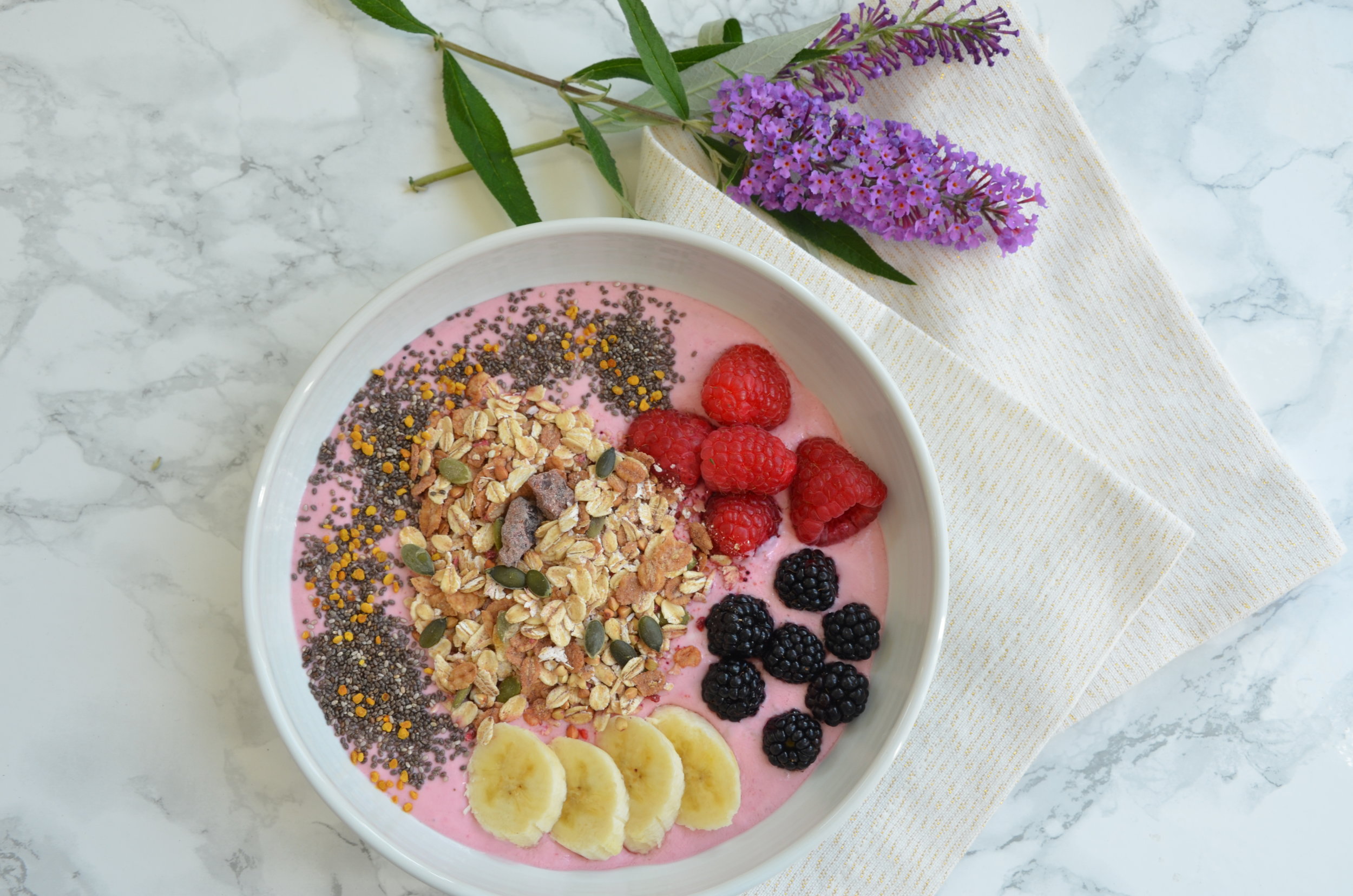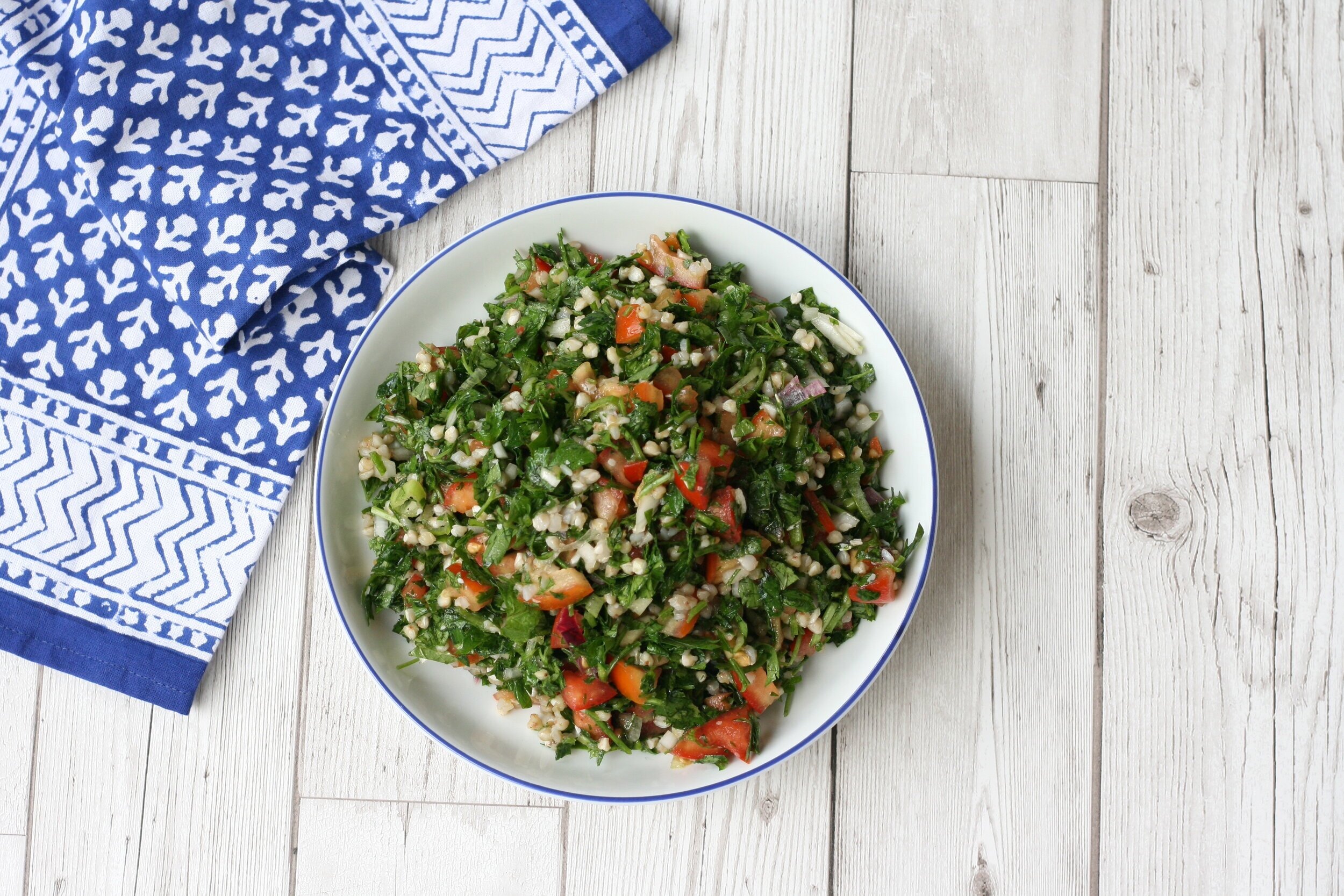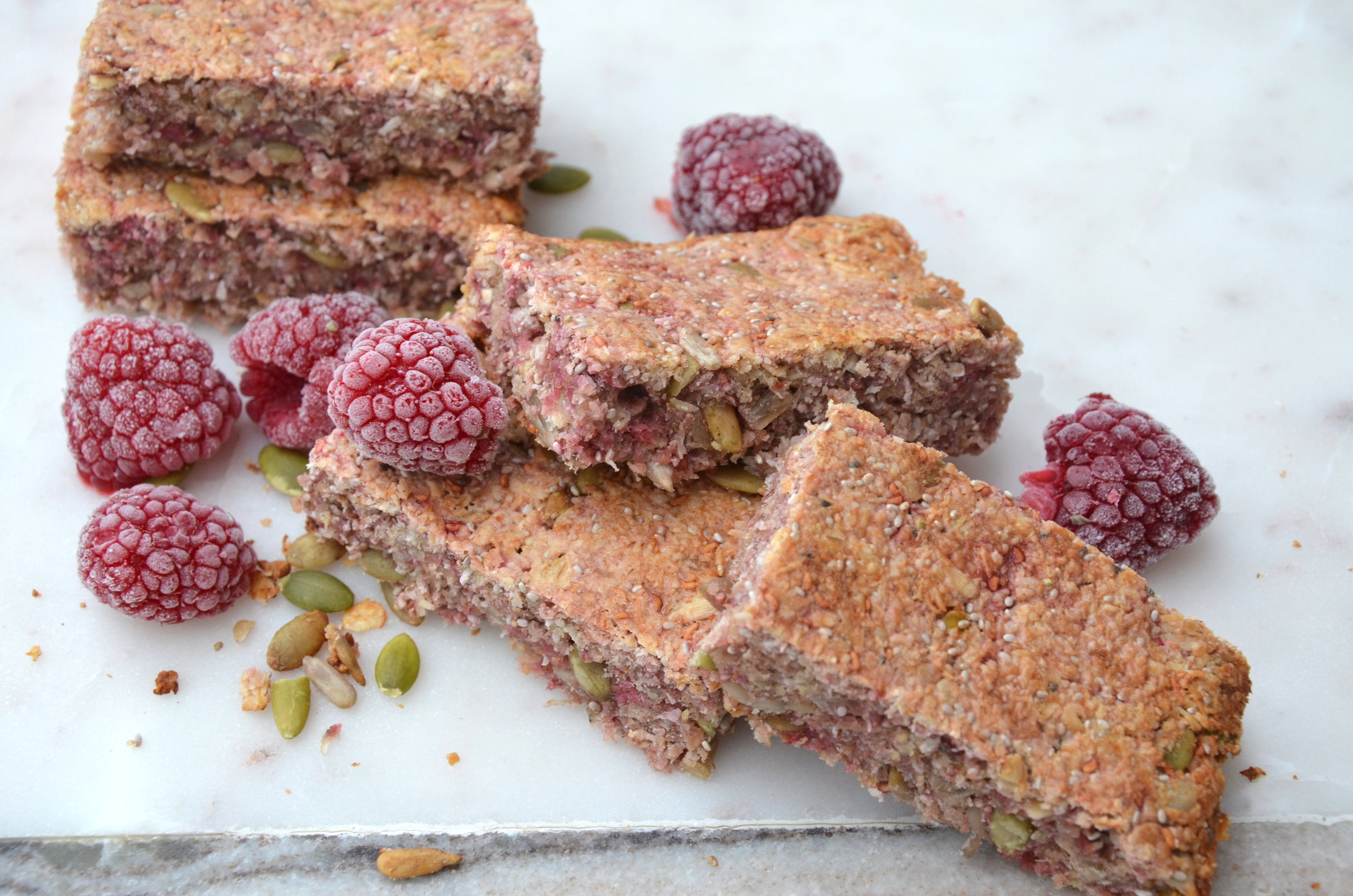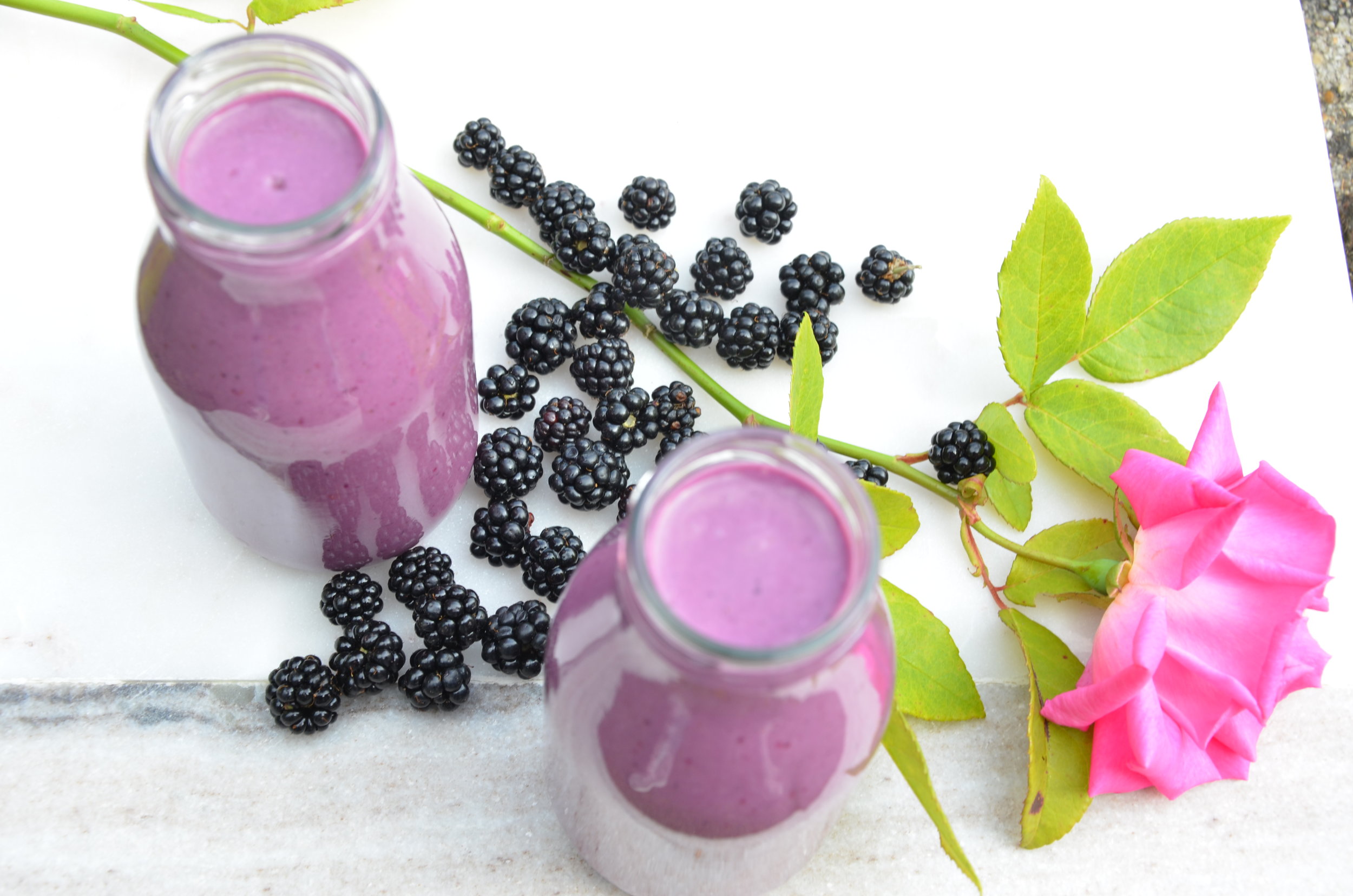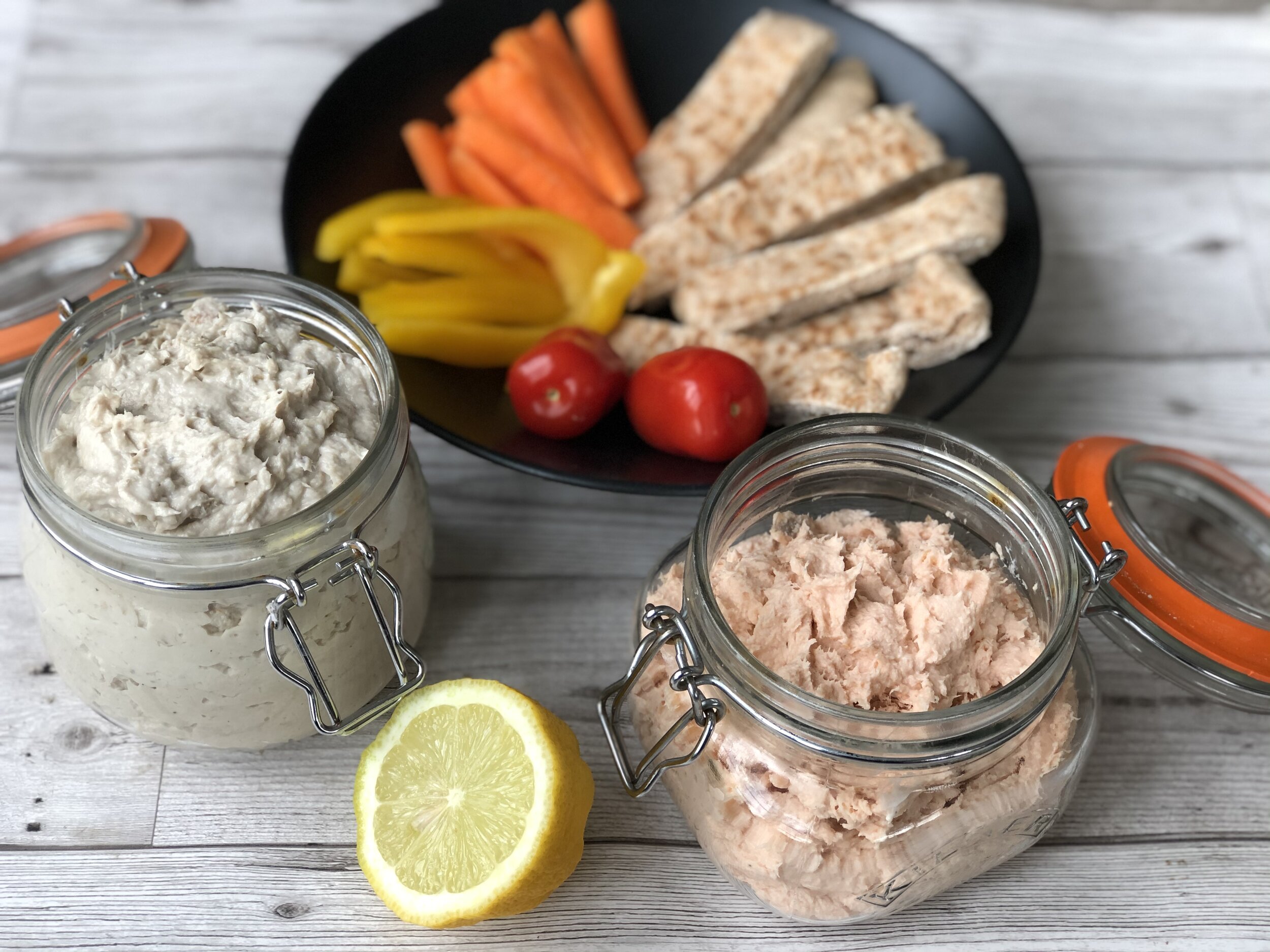Hair loss - what you need to look for
If you start to lose your hair, whether it’s a gradual thinning or coming out in large amounts, it can be very distressing. Until it happened to myself following a bout of Covid I didn’t appreciate the emotional as well as physical stress it can cause. Washing your hair to find a huge clump of hair in your hand can leave you very distraught.
There are many causes of hair loss and I am going to go through them here so you can work out where you need to focus your attention on. However it’s also important to not wash your hair too often, use a good quality shampoo and try not to touch or brush your hair more than you need to. Also remember that results won’t be immediate. Hair growth works in cycles and so it can take 3-6 months to resolve the issue.
Stress
Hair loss following stress can occur from hospitalisation, childbirth, illness or a bereavement. This is called telogen effluvium and is due to stress causing the hair follicles to enter a resting phase. Most hair loss of this kind is temporary and will resolve within 3-6 months. However addressing the stressful event is important if the stress is still ongoing. Often this type of hair loss will occur if there has been severe calorie restriction due to an illness or hospitalisation. Another risk from a low calorie restriction is that you are likely to be deficient in other important minerals that the hair needs to grow.
Low protein
A diet low in protein can impact hair growth. Hair is made up of a protein called keratin so consuming enough protein and a variety of different amino acids is essential for hair health. Increasing your protein can really help with hair growth. To work out your protein needs start with this calculation - 0.8g of protein per kilogram of body weight. If you work out in the gym a lot or are over 40 you might need to increase your protein more than this calculation - however always speak to a health professional before increasing protein too much. Good sources of protein include meat, chicken, fish, dairy, eggs, beans and pulses, tofu and tempeh.
Deficiency of essential fatty acids
A diet too low in essential fatty acids such as omega 3 and omega 6 can cause hair loss and lightening of the hair colour. Essential fatty acids help with skin and scalp health as well as circulation, inflammation and hormone health. Good sources of omega-3 include oily fish, walnuts, flaxseeds, chia seeds and extra virgin olive oil. Good sources of omega-6 oil include nuts, seeds, sesame oil and walnut oil. If you feel that you don’t eat enough of these foods you could try a fish oil supplement for 3-6 months to support your hair growth. An increase in omega 3 has also been shown to improve hair density.
Deficiency of minerals
There are various minerals that play a part in hair health and a deficiency in any of these can cause hair loss. Iron deficiency is the most common deficiency world-wide. You will find iron in red meat, beans, pulses, green leafy vegetables, nuts, seeds and dried fruit. Do not take an iron supplement without first testing your iron levels as iron can be toxic. Taking an iron supplement can also mean that you won’t be absorbing as much iron from food source. You are likely to be deficient in iron if either not consuming enough iron rich foods in your diet or your periods are particularly heavy or frequent.
Other minerals to watch out for with hair loss are zinc, copper and selenium. Zinc and copper compete with each other so, for instance, if you take a high dose zinc supplement then this can lead to a copper deficiency. Again a common side effect of selenium toxicity can be hair loss. If you suspect a mineral deficiency then it’s best to work with a health professional.
Deficiency of vitamins
Like with minerals, there are several vitamins that play an important role in hair health. These are Biotin, Niacin, Vitamin B12, Folic acid and Vitamins D, A, C and E. Ensuring that you are eating a balanced and nutrient dense diet should ensure that you getting enough of these vitamins, but there are some conditions which make this more difficult. For instance poor gut health can cause absorption issues, or a vegan diet could mean a deficiency in B12.
Hormonal causes
As a woman goes through the peri-menopause stages it is common to grow coarse hair on your chin or upper lip and lose hair on your head. The cause of this is relative androgen excess in relation to other fluctuation hormones. Androgen excess can cause something called insulin resistance which can contribute to hair loss. Preventing insulin resistance by ensuring your diet contains good amounts of protein can be helpful. Also checking your zinc status as zinc shelters the body from excess androgens and helps to nourish the hair follicles. However hair loss and facial hair during the menopause are stubborn symptoms and improvement can take at least 6 months. Unfortunately there’s no quick fix, although HRT can be helpful in this case.
When a client comes to me with hair loss the first point of action is to undertake a full blood test, this can rule out some of the deficiencies, but also look at thyroid health which can be another cause of hair loss. We can then address diet and, if needed, supplements to help.
If you’d like to book a call to talk through how I can help you then please visit my nutritional consultations page. You might not need a full package, but a shorter package so book a call with me and we can discuss your concerns in detail.

